By Raymond G. Hebert, PhD
Special to NKyTribune
Part 9 of an occasional series about Casual & Fine Dining
Dickmann’s Sports Barn and Brew, located on Orphanage Road in Fort Wright has been existence since 1977 as a family-owned, popular sports bar. Richard Dickmann’s ownership role began with his father in 1994 and then from his father in 2003. “Over the past 28 years . . . [it] has evolved from a local bar with peanut shells on the floor into a haven for sports fans” (Aleashia Walton “Dickmann’s: a Sports Fan’s Favorite,” Cincinnati Enquirer, February 3, 2006, p. 103).

Richard Dickmann was already active in the community before taking over Dickmann’s Café. In 2000 he “first conceived the Silverlake Recreation (Erlanger) idea . . . to build a swimming pool (but) the modest goal morphed into what became a full-service family fitness center and, in the process, Dickmann learned about construction, marketing and even politics” (Janet Graham, Cincinnati Post, February 8, 2000, p. 11).
Returning to Aleashia Walton’s thorough review, she had high praise for the wings (southern style) with “the quality of the chicken being excellent and the sauce sweet with a bit of kick.” The 16 appetizers were appreciated, as was the price of the big meat pizza (Walton). Not long afterward, as a validation of Walton’s observation, an Enquirer survey named Dickmann’s “Barnburner” wings as being “the best tasting hot wings – not the hottest wings.” (Chuck Martin, “Testing Wings Heat,” Cincinnati Enquirer, January 24, 2007, p.31).
A bit later, well into Richard Dickmann’s ownership period, one of the bar’s new directions was hosting local athletes with one example being a well-known NASCAR driver named Brad Keselowski, who was on his way to compete in the Kentucky Speedway’s 2013 “triple-header” weekend in nearby Sparta and agreed to sign autographs “for more than 100 fans at Dickmann’s.”

Richard Dickmann noted that it was the third year for Keselowski to visit before heading to the Kentucky Speedway, adding how “after he stopped here, he started winning. I like to think we have something to do with that.” That he keeps returning seems to imply that Keselowski might think so as well, since he won the Sprint Cup Championship after his second visit (Amy Scalf, Cincinnati Enquirer, July 4, 2013, p. A3).
Richard Dickmann is “enamored with Kentucky’s baseball past.” In 2016 he opened Smoke Justis in Covington’s historic Roebling Point District. It is named for Walter “Smoke” Justis, a pitcher for the 1913 Covington Blue Sox, a short-lived team in the “so-called third major league, the Federal League. In July 1913, the team was rebranded as the Kansas City Packers and shipped off to Missouri. The Federal League dissolved in 1915, and so did a part of Covington’s esoteric baseball history” (Garin Pirnia, “Dickmann’s Sports Café Owner Opens New Sports Bar Smoke Justis in Covington,” WCPO TV, October 12, 2016).

Menu-wise, Dickmann added a nod to the league’s century-old past. The “smoke” of the name entails smoked wings, smoked turkey used in Kentucky Hot Brown sliders, and a Rebel’s chicken sandwich, an homage to the Pittsburgh Rebels (Pirnia). Much else followed the same theme from the décor to the images selected for the murals and even the menu. For example, a framed quote from Smoke Justis’: “‘The harder they hit, the harder I threw’ was wrapped around sketched baseball bats,” the “Hoosier Box” offering was “a smoked brisket and house-made barbecue sauce that coats the fries” and the “Federal Burger” is available in single, double, triple, and home run sizes – a stack of meat” (Pirnia).
A fascinating aspect was Dickmann’s reliance on the research of Joseph Cieradkowski, a nationally known expert on “long-forgotten baseball players, like Justis, with whom he was already familiar.” The high point of this project, for him, was when the “seal of approval came from Justis’ great-granddaughters, who told Dickmann the murals ‘looked just like Smoke’ ” (Pirnia).

Another interesting fact was published by the River City News, namely that Walter “Smoke” Justis “holds the record for the most no-hitters thrown in a minor league season – five” (“No Slouch was Our Boy, Smoke,” River City News, June 15, 2016). Richard Dickmann is enthusiastic about Covington’s future: “I don’t see any change in my lifetime of where the urban core is going (except that) I only see it getting better . . . when you walk outside the building and look north, there is not a better vantage point than Court Street” (River City News).
With the opening of Smoke Justis, in the shadow of the Reds stadium and in the heart Covington’s vibrant economic renaissance, Richard Dickmann has surpassed the norm and trends by remaining local and by going from the suburbs to the city instead of vice versa like many of the national or regional chains. In doing so, he has proven that there can be success at both kinds of venues, as long as customer satisfaction and creativity in menu and design are combined.
Dr. Raymond G. Hebert is Professor of History and Executive Director of the William T. Robinson III Institute for Religious Liberty at Thomas More University. He is the leading author of Thomas More University at 100: Purpose, People, and Pathways to Student Success (2023). The book can be purchased by contacting the Thomas More University Bookstore at 859-344-3335. Dr. Hebert can be contacted at hebertr@thomasmore.edu.
Paul A. Tenkotte, PhD is Editor of the “Our Rich History” weekly series and Professor of History and Gender Studies at Northern Kentucky University (NKU). He can be contacted at tenkottep@nku.edu. Tenkotte also serves as Director of the ORVILLE Project (Ohio River Valley Innovation Library and Learning Enrichment). For more information see https://orvillelearning.org/










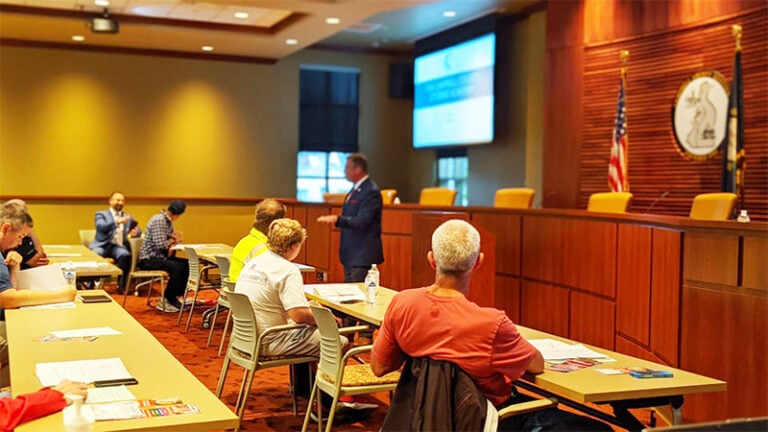


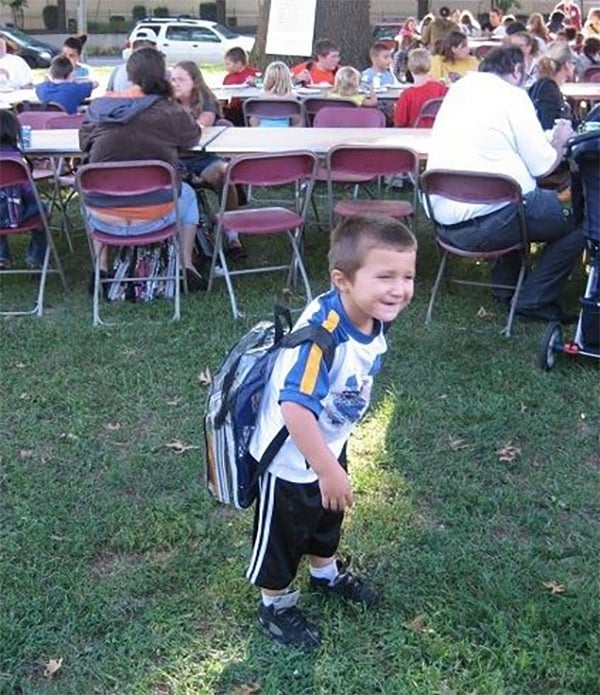
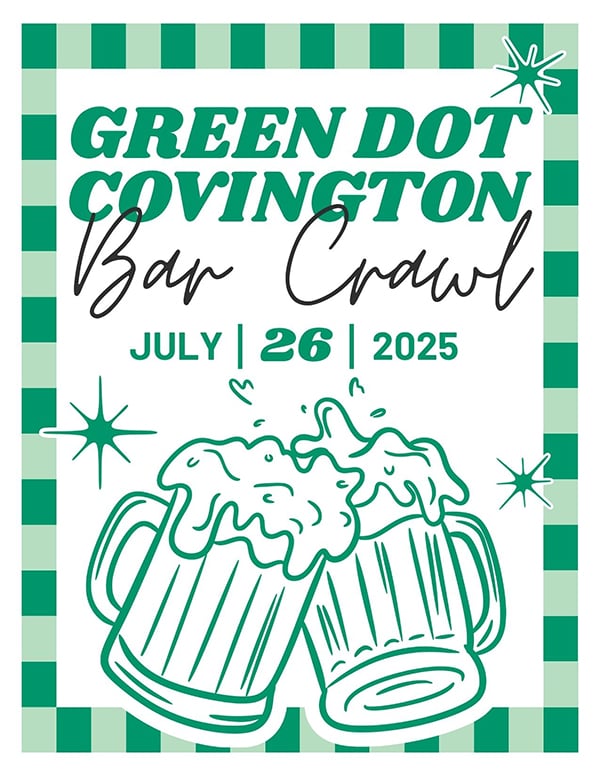

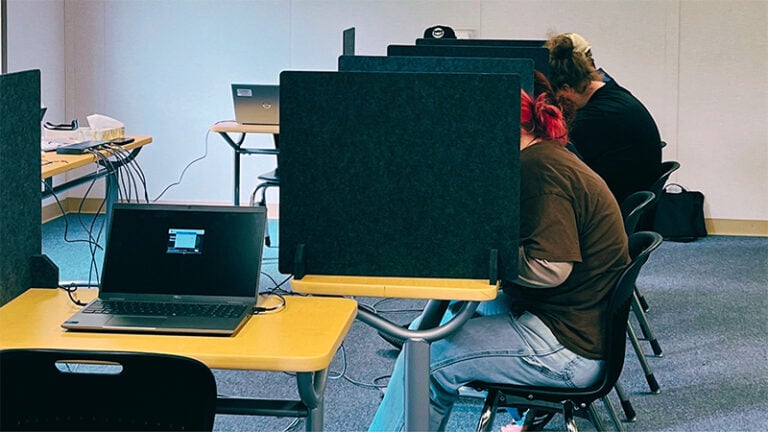
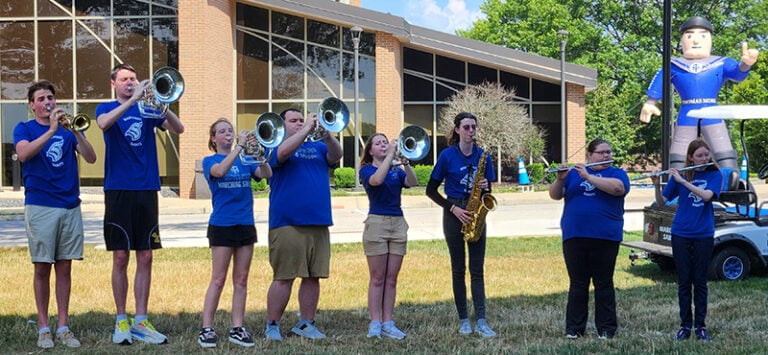

Enjoyed reading this story.